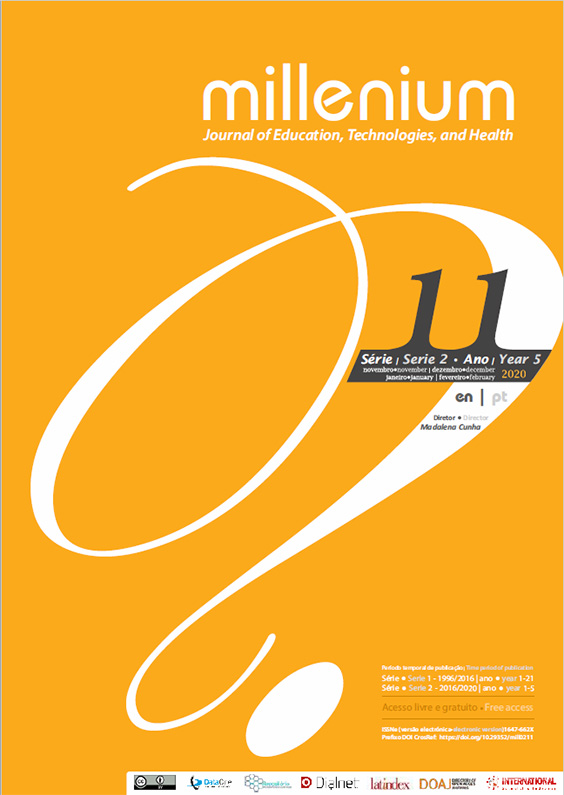Industrial challenge assignment in curricular context
DOI:
https://doi.org/10.29352/mill0211.10.00256Keywords:
Advanced manufacturing technologies, Problem based learning, Industry, Engineering educationAbstract
Introduction: The development of industrial challenges in higher education classes are an interesting form of teaching and learning that may lead to the development of students’ vital skills. It contributes to the connection between context taught in the classroom with the real world, among other benefits.
Objectives: Assignments to solve real problems presented by regional industrial corporations addressing production organization, production processes or productive innovation issues have been proposed, and students are requested to analyze them and seek integral technical and scientific solutions.
Methods: The present paper presents data from six semesters where the assignment has been developed. Open inquiries have been developed and students, companies, and teachers have been inquired to evaluate its application and results.
Results: Results indicate that after some initial resistance, student’s final perception is of satisfaction and validation of the methodology adopted.
Conclusions: The same opinion is shared by companies and teachers. Moreover, this type of interaction seems to have a positive impact on the university-business relationship.
Downloads
References
Davide, M. (2013). Work-Based Learning in Europe - Practices and Policy Pointers. European Commission. Brussels.
Felder, R. M.; Brent, R. & Prince, M. J. (2011). “Engineering Instructional Development: Programs, Best Practices, and Recommendations”. Journal of Engineering Education, 100(1), pp. 89–122. https://doi.org/10.1002/j.2168-9830.2011.tb00005.x
Gabriel, B. F. C. C.; Valente, R.; Dias-de-Oliveira, J. A.; Neto, V. F. S. & De Andrade-Campos, A. G. D. (2018). “A model for the effective engagement of all stakeholders in engineering education and its pilot implementation”. European Journal of Engineering Education, 43(6), pp. 950–966. https://doi.org/10.1080/03043797.2018.1479375
Lemanski, T.; Mewis, R. & Overton, T. (2011). An Introduction to Work-Based Learning - A Physical Sciences Practice Guide. Hull: Higher Education Academy - UK Physical Sciences Centre.
Lester, S. & Costley, C. (2010). “Work‐based learning at higher education level: value, practice and critique”. Studies in Higher Education, 35(5), pp. 561–575. https://doi.org/10.1080/03075070903216635
Nottingham, P. (2016). “The use of work-based learning pedagogical perspectives to inform flexible practice within higher education”. Teaching in Higher Education, 21(7), pp. 790–806. https://doi.org/10.1080/13562517.2016.1183613
Downloads
Published
How to Cite
Issue
Section
License
Copyright (c) 2020 Millenium - Journal of Education, Technologies, and Health

This work is licensed under a Creative Commons Attribution 4.0 International License.
Authors who submit proposals for this journal agree to the following terms:
a) Articles are published under the Licença Creative Commons (CC BY 4.0), in full open-access, without any cost or fees of any kind to the author or the reader;
b) The authors retain copyright and grant the journal right of first publication, allowing the free sharing of work, provided it is correctly attributed the authorship and initial publication in this journal;
c) The authors are permitted to take on additional contracts separately for non-exclusive distribution of the version of the work published in this journal (eg, post it to an institutional repository or as a book), with an acknowledgment of its initial publication in this journal;
d) Authors are permitted and encouraged to publish and distribute their work online (eg, in institutional repositories or on their website) as it can lead to productive exchanges, as well as increase the impact and citation of published work
Documents required for submission
Article template (Editable format)





